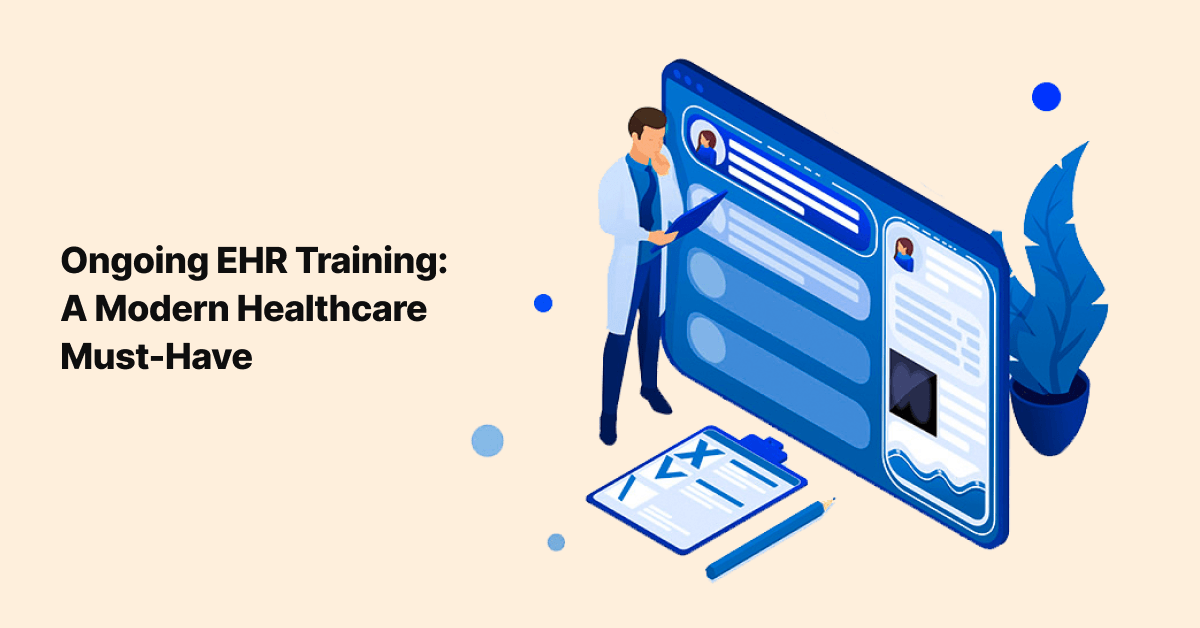
Virtual Classroom Best Practices
The term “virtual classroom” is a complex and often misunderstood term. When we think of a virtual classroom, …

As soon as the workforce has finally adapted to its latest Millennial members, it is already time to readjust for the latest new wave of workers: Generation Z. Who are these new additions? Generation Z is defined as those individuals born after 1996, who are typically the children of Generation X. The oldest members of this generation are between 18-25 years old, many of whom are now entering the workforce. To understand a bit more about them, let us look at a few of their notable characteristics.
Think hard and evaluate if your learning strategy incorporates a strategy for these digital natives. Resources that are easy to find provide answers in seconds and are always available in the moment of need. If not, you may want to think about a performance support tool like Jeeves. As with all generations, this one certainly has its share of challenges, but with their comfort level using technology and having already survived a worldwide disaster, they may be one of the best equipped to handle those challenges.
Join over 3,200 subscribers and keep up-to-date with the latest innovations & best practices in Healthcare IT.

The term “virtual classroom” is a complex and often misunderstood term. When we think of a virtual classroom, …

The worlds of technology and medicine probably couldn’t seem further apart, but with the advancements in …

EHR Implementation ✅, Well-planned Onboarding Training ✅
But what about ongoing EHR training? 🤔
If that question …